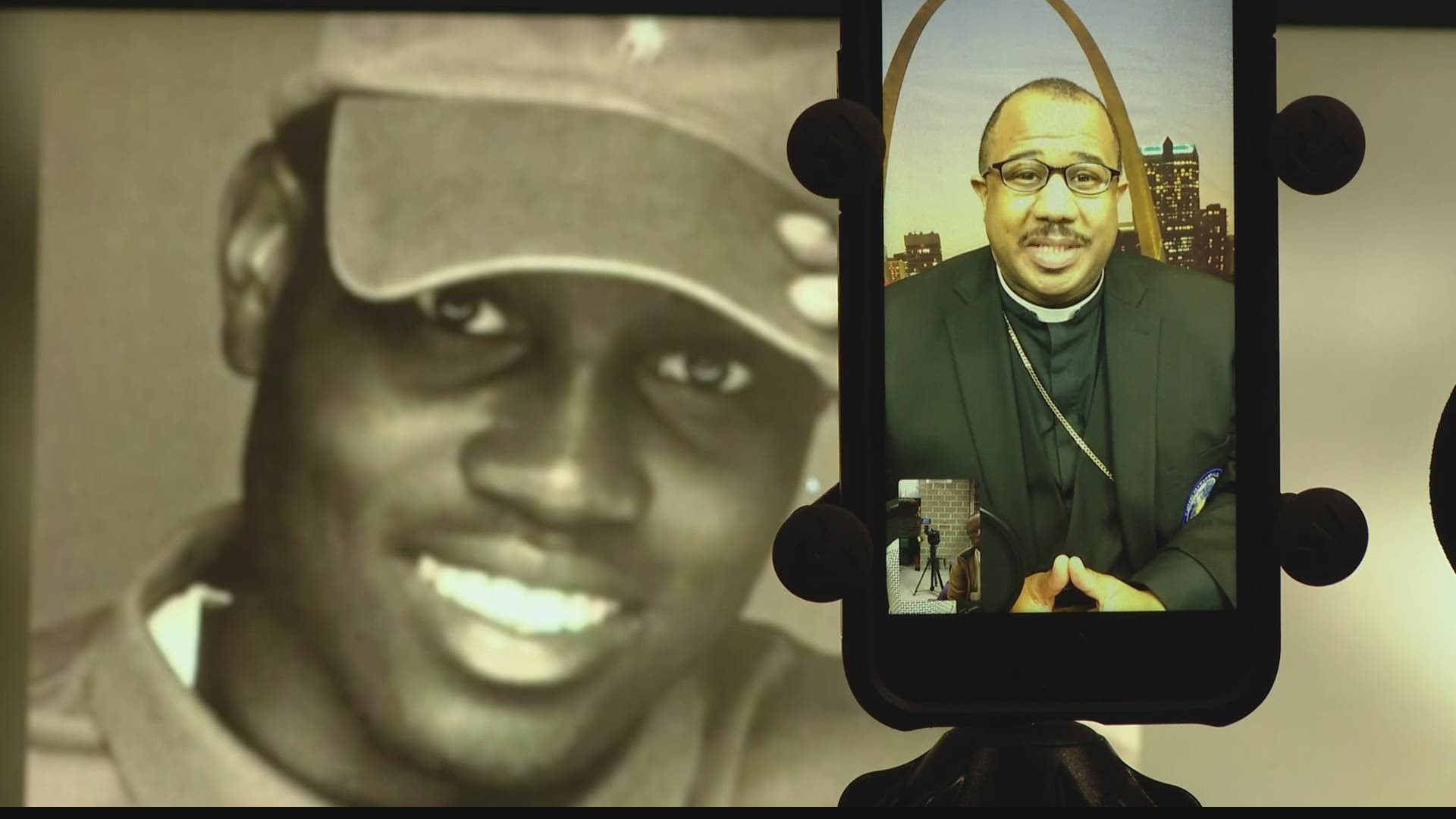ST. LOUIS — "That video was just real hard for me to watch," said Bishop Elijah Hankerson, president of the St. Louis Metropolitan Clergy Coalition.
Hankerson said he was appalled after he saw the video of an unarmed Ahmaud Arbery shot and killed apparently while jogging in Brunswick, Georgia, on the afternoon of Feb. 23.
"I think the thing that affected me the most was hearing the gunshots and knowing that a life was tragically lost," said Bishop Hankerson.
Gregory McMichael, 64, and his son Travis, 34, are charged with murder and aggravated assault.
The older McMichael told police he thought Arbery, who was black, was a burglary suspect and ordered him to stop.
McMichael claimed the 25-year-old Arbery "violently" attacked his son and the two fought "over a shotgun" before Travis McMichael shot Arbery twice.
The shooting sparked protests in Georgia.
"That was a major blow in the sense of a family that's lost a loved one. I believe we're right back to the pre-Civil Rights era mindset," added Bishop Hankerson.


Hankerson said, among other things, Arbery's death underscores the racial divide in America.
"We've made progress as far as humanity, as far as technology, as far as advancements as humanity, but as far as that division, that strife, that hatred, I believe we're almost right back where we started from," he said.
Gregory McMichael is a former law enforcement officer who used to work for the Brunswick district attorney. Due to the conflict of interest, the case is now on its third prosecutor.


"None of these cases actually surprise me and their outcomes ultimately very rarely surprise to me. The reality is we've seen this before, whether it's Trayvon Martin or another case where somebody was deemed a suspect that's based upon some sort of appearance," said Associate Professor Matthew Taylor of the University of Missouri - St. Louis.
"How the system, which is supposed to be unbiased and looking out for all of us as citizens, how the system handles it or it doesn't handle it, to me is the much larger issue," added Taylor.
A grand jury will likely have the final say.

